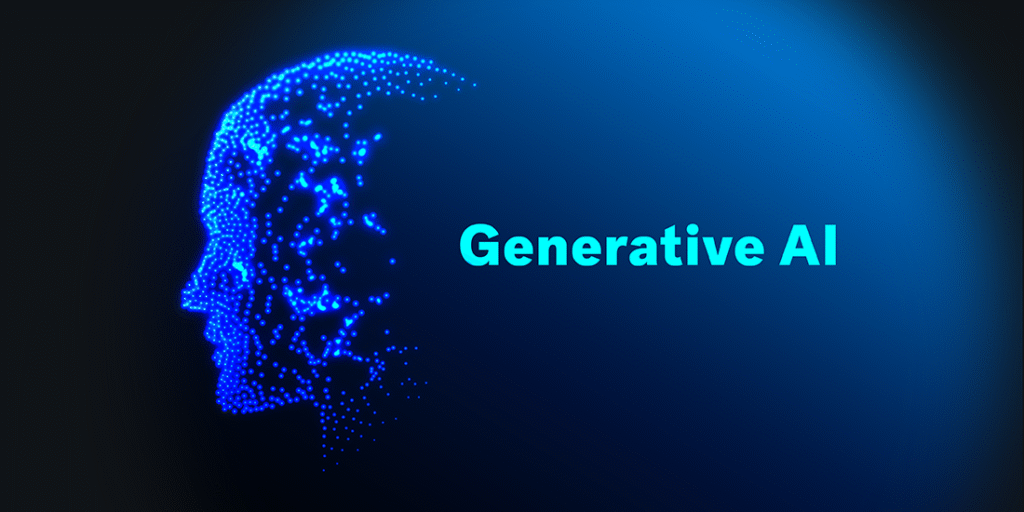Traditional SEO once resembled a treasure hunt. Marketers scattered keywords across titles, meta descriptions, and blog paragraphs like breadcrumbs, hoping search engines would follow the trail. But the landscape has shifted. Generative AI has emerged like a storyteller standing at the gates of the internet, not simply pointing to information but rewriting, summarizing, and interpreting it. In this world, search is no longer just about finding the right words but understanding the intent, tone, and context of everything we say online.
The shift is profound. Search engines are no longer librarians of indexed shelves. They are conversational guides listening closely to the user’s intention behind every question.
If someone is exploring how to learn advanced AI skills, one resource could be a generative AI course in Hyderabad, but now even how they search for that has changed. The query is not typed, it is spoken or hinted through context, emotion, and learning patterns.
From Keyword Grids to Meaning Graphs
Picture SEO in the early 2010s: structured, rigid, almost architectural. Content creators stacked keywords neatly like bricks. Search engines responded obediently, matching patterns rather than meanings.
But Generative AI changed the blueprint. Instead of matching words, it interprets relationships. It constructs meaning graphs where topics, entities, queries, and behaviors interconnect like constellations in the night sky.
This means:
- A page that never mentions a keyword explicitly can still rank for it.
- Search results depend on how well content answers real human questions.
- Content that reads naturally and comprehensively now outshines content that is overly engineered.
Search engines have essentially moved from looking to thinking.
The Rise of Conversational Intent Recognition
Users no longer type robotic queries. They speak in full thoughts.
“What is the easiest way to switch to cloud careers without coding?”
“Is cybersecurity a stable job in the next recession?”
“Show me a comparison between LLM model providers that support fine-tuning.”
Generative AI interprets:
- Tone (curiosity, urgency, confusion)
- Persona (student, executive, developer)
- Stage of decision journey (exploring, comparing, buying)
As a result, SERPs themselves have become dynamic, often containing:
- AI-generated summaries
- Contextual multi-step answers
- Conversational follow-up suggestions
The traditional ranking race has become a relevant dialogue.
Content as Experience, Not Text
In 2025, the value of content is not measured in number of words or keyword density. It is measured by the experience of clarity it offers.
High-performing content now shares three characteristics:
- It anticipates the next question
- Good content no longer stops at answering the query; it predicts follow-ups.
- It teaches through stories
- Stories lodge themselves into memory longer than bullet points.
- It positions information as guidance, not data
- Users don’t search to store facts. They search to act.
Content is evolving into knowledge pathways, not isolated articles. The tone is shifting from lecturer to mentor. Search engines reward content that carries the user forward.
The End of the Keyword as a Mechanical Lever
The idea of forcing keywords into content is becoming outdated. Algorithms can now infer topic relevance from:
- Synonyms
- Semantic phrasing
- Conceptual similarities
- Link context
- Structured markup and entity grounding
Search has moved from linguistic indexing to semantic reasoning.
This is why modern SEO strategy is built around:
- Topical depth
- Content interconnectedness
- Real user problems
- Coherent narrative style
A blog that adds genuine clarity is more valuable than a blog that strategically inserts words.
What SEO Professionals Must Do Now
The shift does not eliminate SEO. It elevates it.
To remain effective:
- Think in topic clusters, not keyword lists.
- Invest in first-hand expertise, not recycled knowledge.
- Create content that guides decision-making, not just explains concepts.
- Consider that a user who asks about a generative AI course in Hyderabad may also want a comparison of curriculum depth, placement support, and project work. SEO must support this journey, not just the initial query.
Optimization today is about empathetic knowledge design.
Conclusion: The New Search is Human-Centered
Generative AI has not killed SEO. It has removed the mechanical parts and elevated the craft to something more intuitive, thoughtful, and human. Search engines now reward content that communicates with depth and sincerity, rather than content engineered to fit algorithmic loopholes.
The death of the keyword is symbolic. What truly ended is the era of content created for machines.
What begins now is the era of content created for people, interpreted through intelligent systems.
SEO has not vanished.
It has evolved into something far more meaningful:
the art of being genuinely helpful in a world full of answers.















